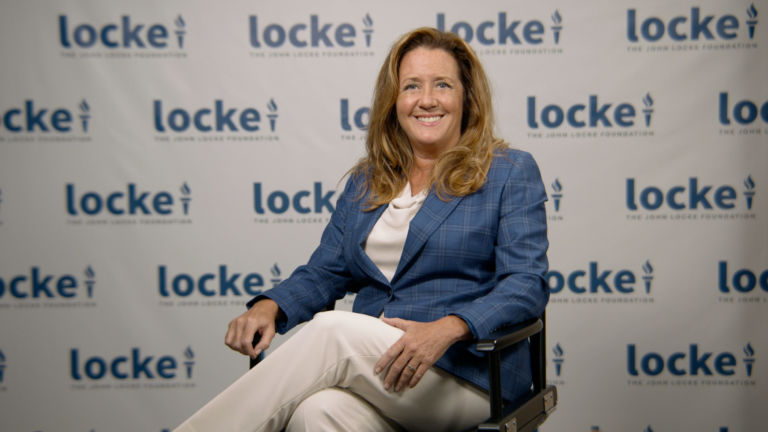As Wake County Senior Resident Superior Court Judge Donald Stephens announces plans to hang up his robe and set down his gavel, the “Locker Room” remembers one of his best soliloquies.
Turn the clock back 10 years. In August 2007, Stephens was mulling over the best response to crooked House Speaker Jim Black’s shenanigans.
Stephens ended up fining Black $1 million, plus more than $50,000 in State Board of Elections expenses. If Black didn’t cough up the cash, he would have spent another two years behind bars.
Here’s how Stephens justified his fine:
I spent most of yesterday listening to testimony involving a shootout among gang members — a bunch of 19-year-old kids — that ended up in somebody getting killed, and I spent my day trying to figure out how in the world it happened and why it happened because a lot of them were good kids from good families. I just couldn’t figure it out — figure out how in the world, why in the world it happened. But it did. I couldn’t change it, and they went to prison.
And I’m as equally troubled today listening to all this. We’ve been required to look into the window of politics, and the view from this window is rather unsavory frankly — kind of enlightening, but unsavory.
I agree with Mr. [Wake County District Attorney Colon] Willoughby. All of the evidence seems to suggest that this is about power and influence and money. This is not a new story. It’s an age-old story played out time and time and time again. I don’t know why we as humans don’t seem to learn much from our own history.
I remember sitting in court as a young lawyer in a hearing in which I heard a senior lawyer explain to the judge why his client had committed a crime. And it was a simple statement and kind of profound — the kind of statement that attorney Wade Smith [who was in the courtroom Tuesday] would make, but he was not the speaker. He said, “Judge, power is a heady wine. It intoxicates the church deacon just as quickly as it intoxicates the thief.”
For some people, the chase for power becomes an intoxicating obsession, and they seem to be willing to do anything to gain it and hold it and keep it. And unfortunately, the evidence before me suggests that Dr. Black was either addicted to it or intoxicated by it, but it was his downfall.
And I followed with great interest the federal hearing. I agreed with Judge [Terrence] Boyle’s sentence. I believe it was a severe sentence, but I thought it was appropriate. For a man who’s 72 years old and now is going to have to serve 63 months in a federal prison, that’s a long time. And that’s a tough sentence.
I had to ask myself what more would be served by imposing yet more time on top of that. But I had to also ask myself and say to myself, the federal government is not the victim of these crimes. The citizens of North Carolina — each one of them is the victim of Dr. Black’s crimes. The institution of the North Carolina legislature — and specifically the North Carolina House of Representatives — is the victim of Dr. Black’s crime. And his conduct has certainly shaken the public’s confidence, if they ever had any, in the integrity of that institution. And his legacy leaves just an absolutely defacing stain upon that institution.
So do I simply impose a sentence that runs concurrently with the federal sentence, so he’s really not punished at all by the state for a crime for whom the victims are the people of the state? Even though his punishment is appropriate and already very severe? So that’s how I spent my time today as y’all agreed and disagreed about a loan [of $500,000 from lobbyist Don Beason] and all those things.
I do believe that the way you punish a person who has abused political influence and has abused money and has abused power is by taking away that influence and that power and also by taking away that money. I think the federal government has taken care of the taking away the power and taking away the influence. Thus the purpose of my sentence: to take away the money.
Controversy erupted later when Black used a real-estate sale to resolve the fine. But Stephens’ remarks from 2007 are still worth remembering.


